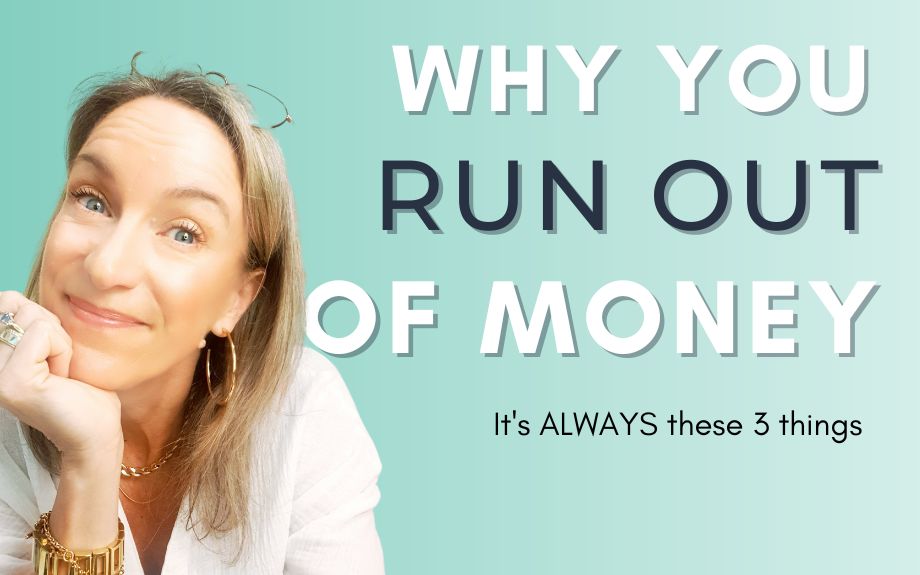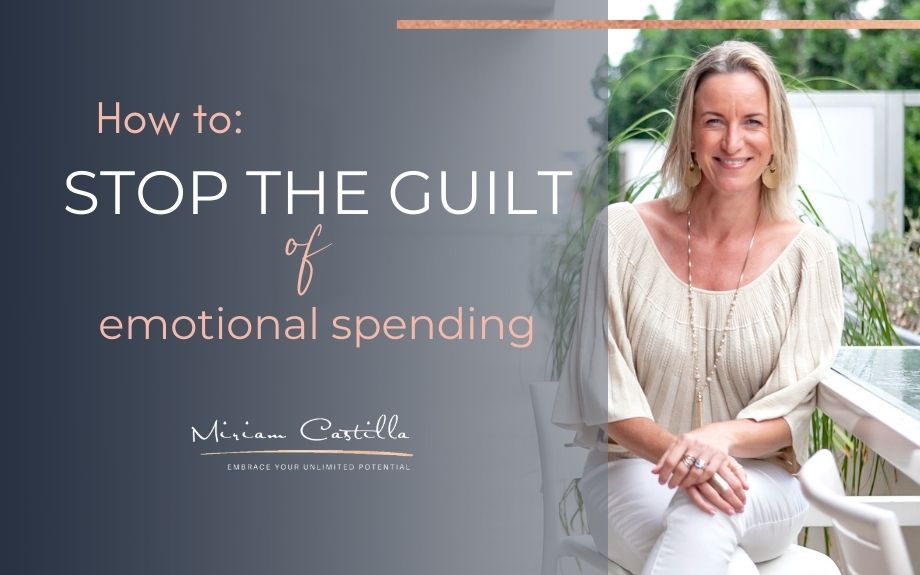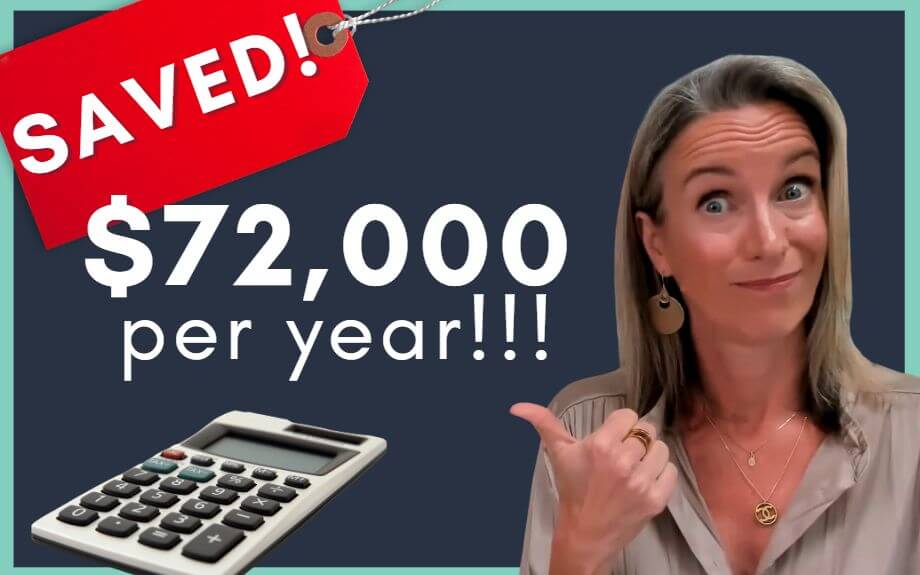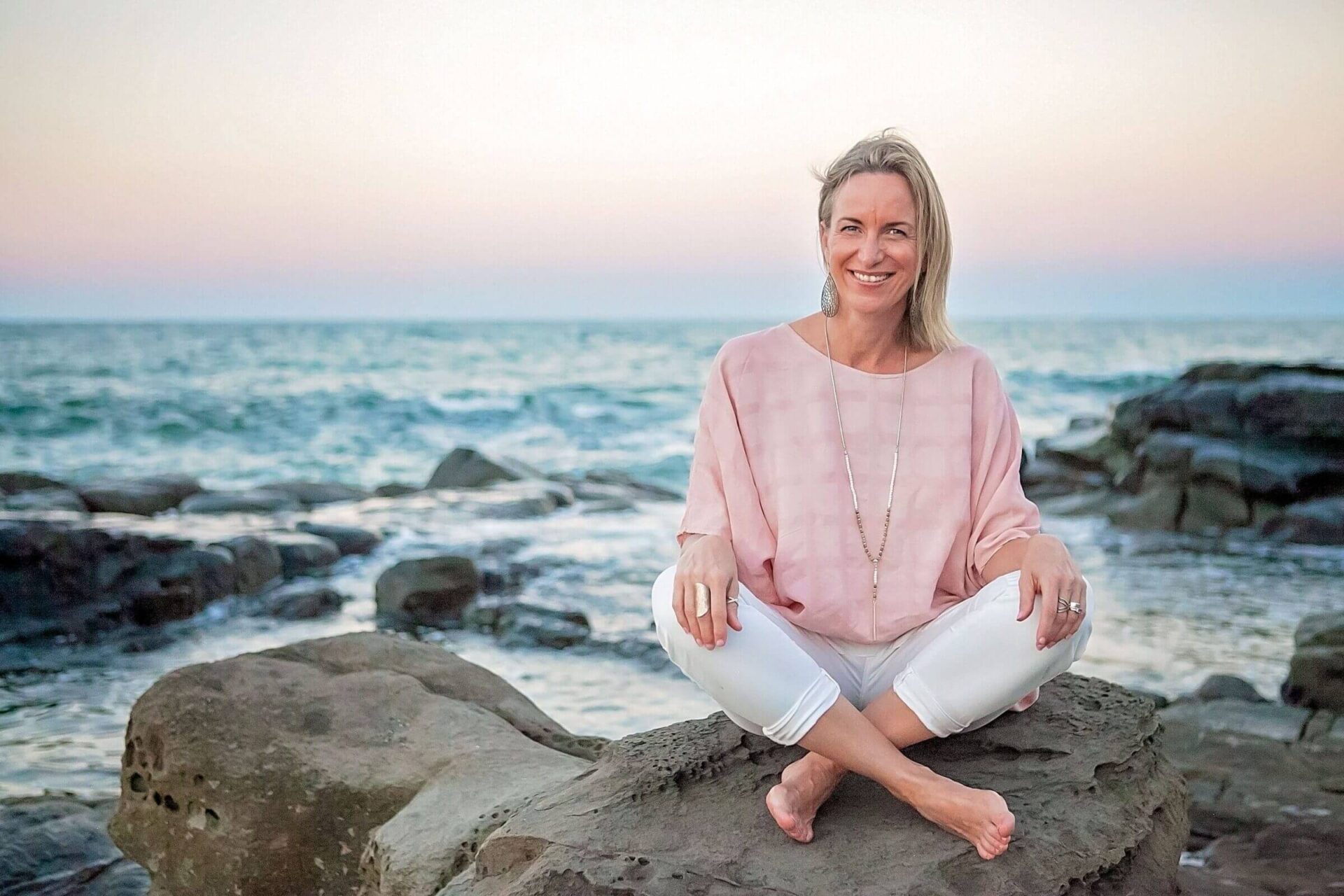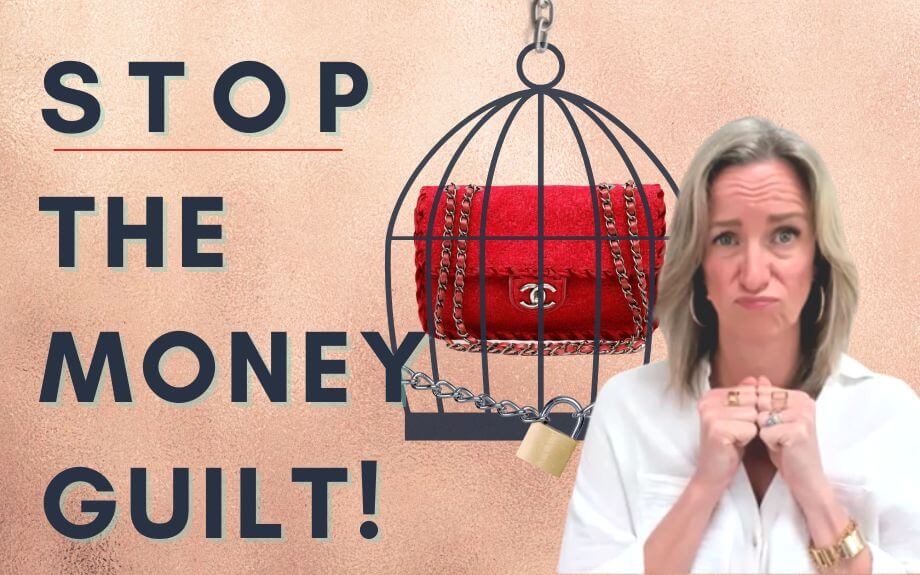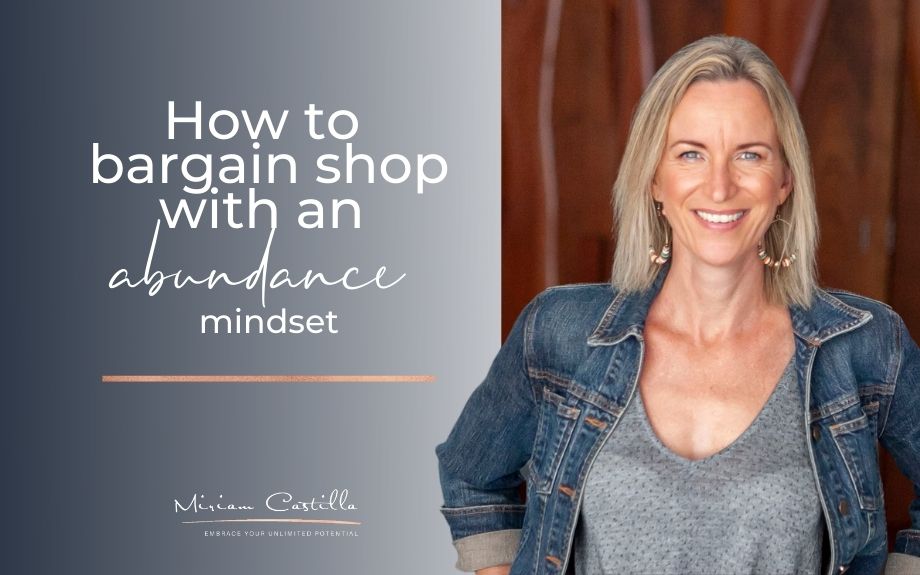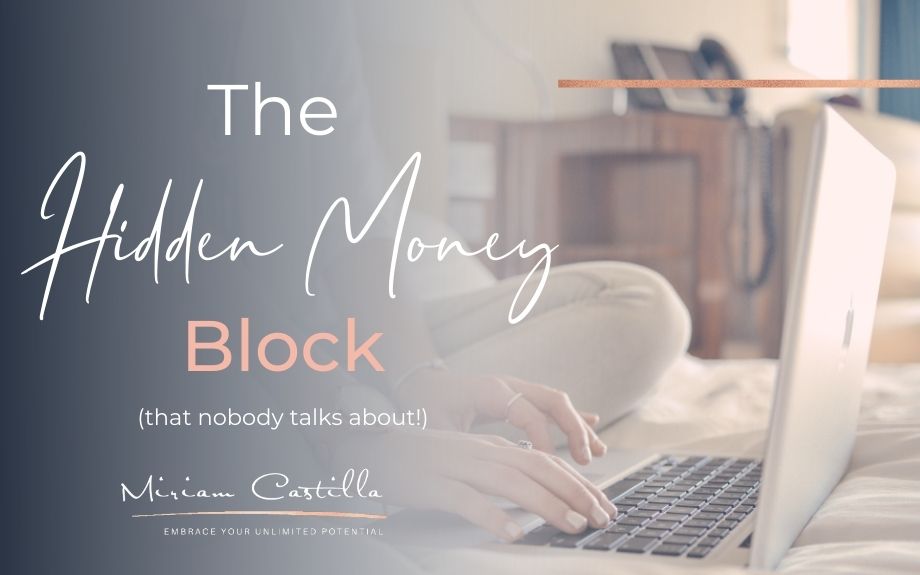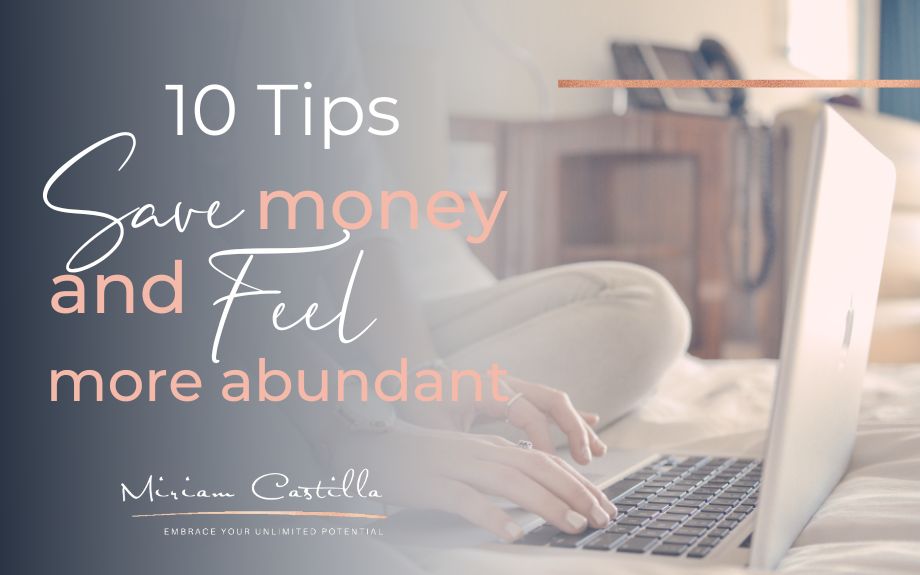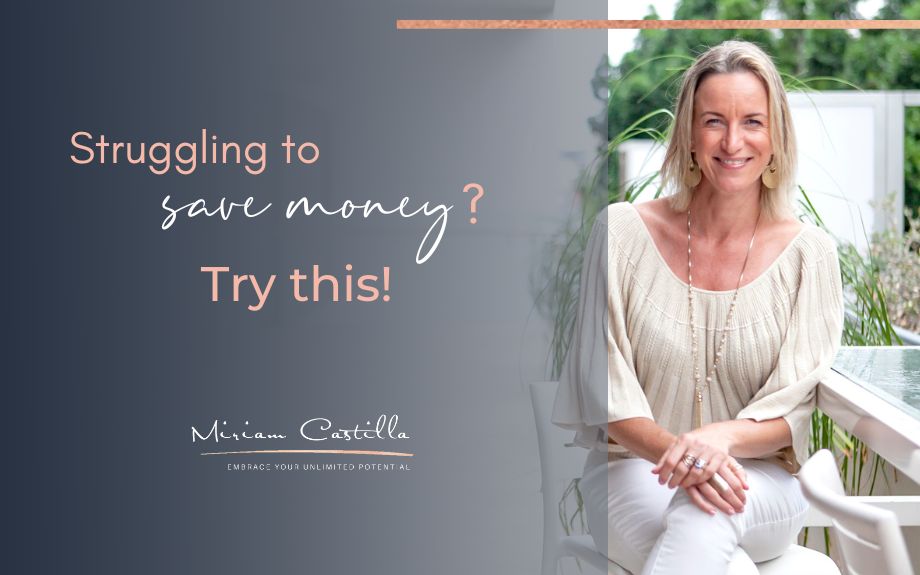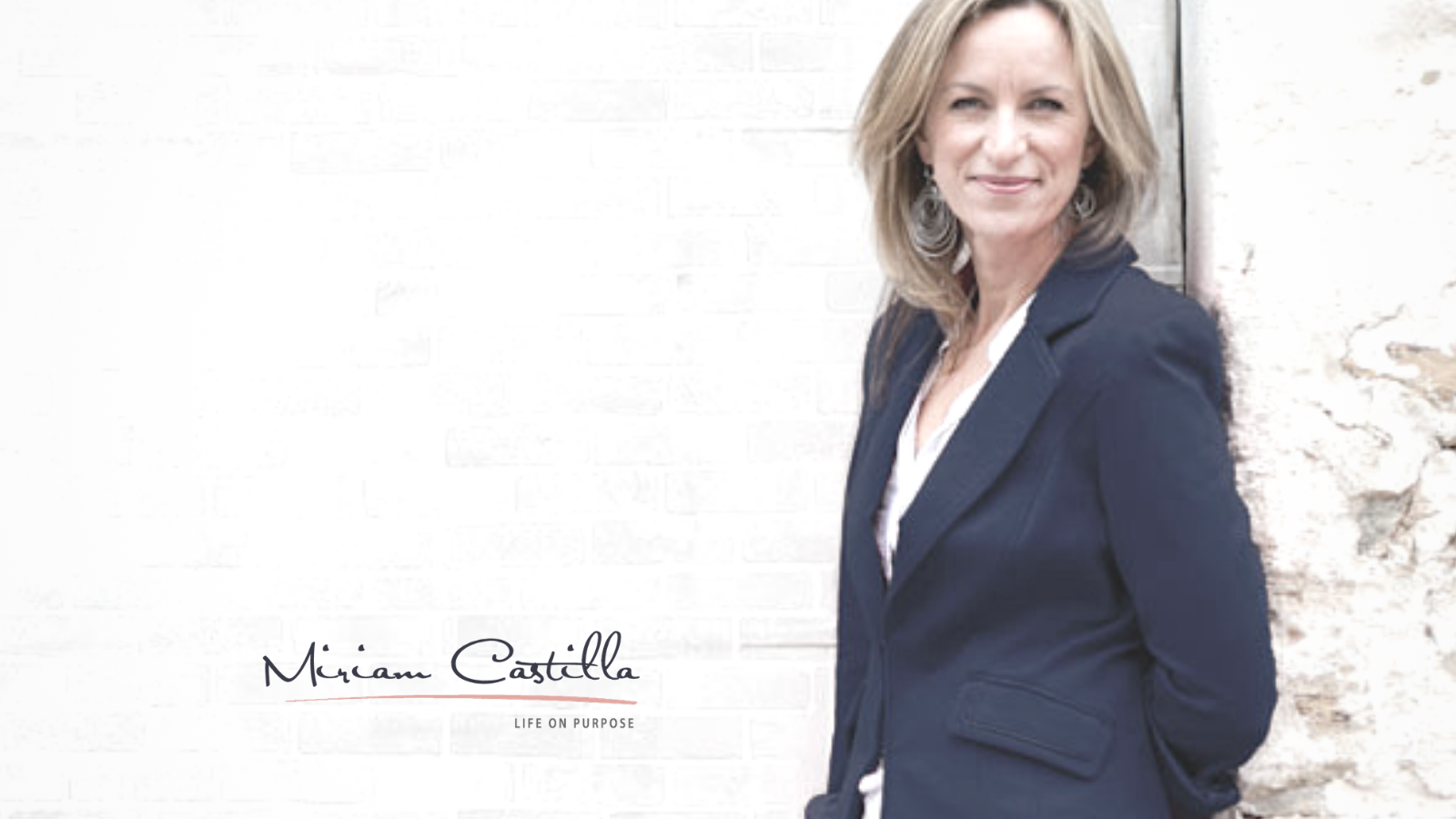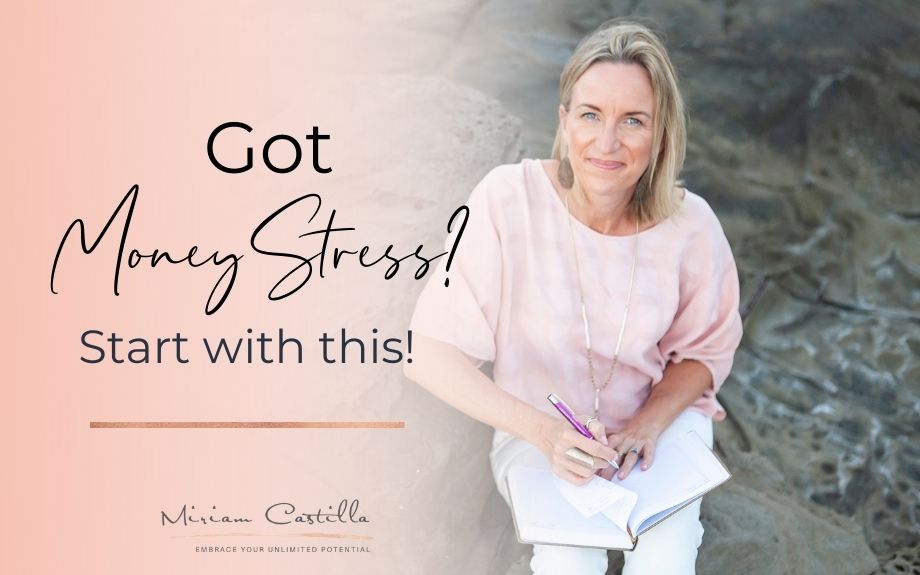Note these are OUR figures based on what we used to spend – or would spend – versus what we ACTUALLY spend. And these are also our choices based on our values & lifestyle preferences.
Your choices & savings will differ, but I know that within this list you’ll find loads of inspiration to help you make some significant savings in your life.
Because all those small daily choices really add up!
And we’ve been conditioned by society & the media into thinking that MORE stuff will help us feel richer – that we need it to make us happy.
But less is more! More freedom, more choices, less stress & responsibility.
And be sure to use your savings wisely so that money can go to work for you!
If you’re not sure how to do that, join the Magnetic Money®️ Management Bootcamp where we help you do that.
Ok, it’s a big list, so let’s get into it!
In order of money saved:
1. Roaming Data
Instead of paying for roaming data while traveling, get a local data only SIM card while overseas and tell family and friends you’ll stay in touch via Viber, Whatsapp or Messenger.
Annual saving: $440
2. Household Cleaning Products
We run a chemical free home which is not only better for our health and the environment, but also saves us loads of money!
Annual saving: $480
3. High Heels
They look pretty, so for years I was still buying them, even though I rarely wore them. So I stopped.
Annual saving: $600
4. Perfume & Cologne
We used to be fairly heavy users, but once I realised how toxic they actually are, we traded our designer smells for simple deodorant & essential oils.
Annual saving: $940
5. Private Hospital Cover
In Australia, we are blessed with a fabulous public hospital system (to which my ample tax bill contributes each year).
And since even with private cover, there is usually still a significant gap to pay, we opt to only have private extras cover (for dental, optical, chiropractic, massage etc) and invest in preventative health care instead.
Annual saving: $960 (plus the saved gap payments)
6. Orthotic Shoes
Yes, we’re at that stage of life where supportive shoes are important.
But attractive orthotic shoes are incredibly pricey.
So I now choose to continue to buy more affordable shoes as I always have – usually at end of season sales – and simply buy up a size to fit my orthotic inner soles.
Annual saving: $1,000
7. Designer Handbags
My handbags are purely utilitarian & very well used, so spending thousands (or even several hundred dollars) on a single bag is just wasteful to me.
Yes, a Chanel bag can be an investment – but not when you trash it!
I like to hunt for quality 2nd handbags in Thrift & Second Hand Stores or buy them on sale.
Annual saving: $1,000
8. Books
I read about 1 book per week (where are my fellow crime fiction addicts?) but I spend ZERO money on them!
Instead, I use those neighbourhood book exchange boxes and help save trees as well.
Annual saving: $1,000
9. Christmas presents for family & friends
We all used to all buy each other Christmas gifts – then have to try and find time to exchange them!
One year, we just stopped – and nobody has ever complained!
Annual saving: $1,000
10. Smart TVs & electronic gadgets
We only own 1 ‘dumb’ TV and use an inexpensive ChromeCast dongle with it.
Annual saving: $1,000
11. Weekly Lottery Tickets
Although Martin still likes to buy these, I don’t (although if he does win, he’s still promised to share). I prefer to use the savings to invest in my business, health or well-being & invest in an equities fund to grow my wealth.
Annual saving: $1,000
12. Alcohol
I stopped drinking several years ago after a Shaman in Bali confirmed what I’d suspected (& ignored) for years. Alcohol did not agree with my constitution & dimmed my energy.
I recently started drinking a little again & quickly stopped again when I noticed how tired it makes me.
Annual saving: $1,040
13. Brand New Cars
New cars depreciate by approx 15% the moment you drive them home. So even if you only spend $40,000 on a new car, that’s an instant loss of $6,000! Most people upgrade cars every 5 years, so:
Annual saving: $1,200
14. Streaming Services
There are so many of these, it’s hard to keep up!
Most people have several of these – but we choose to have only Netflix, which is quite
inexpensive (and we’ll still never get time to watch everything we’d like to!)
Annual saving: $1,260
15. Mobile Phone Plan
By switching to an alternative phone plan provider (Boost mobile rather than Telstra) we still enjoy exactly the same network coverage at a tiny fraction of the cost!
Annual saving: $1,560
16. New Mobile Phones
There’s always a lot of hype about the latest & greatest mobile phone… and they’re being released faster than the latest Hollywood gossip.
I choose to take great care of my phone & keep it for years. At the moment, I still have my Samsung Galaxy S9, which is now almost 5 years old. And it does everything I need!
And when it’s time to upgrade, I will buy a refurbished phone that comes with a 3 year warranty for a fraction of its original cost.
Annual saving: $1,780
17. Hair Salons
Leaving behind the trendy inner suburbs & city salons for a local neighbourhood one as well as choosing to go just a little less often has made a massive impact on the cost!
Annual saving: $1,792
18. Partner Gifts
Martin & I generally do not give each other gifts for anniversaries, Valentine’s Day, Birthdays & Christmas.
We’ll usually celebrate by going out to dinner (which is part of our usual spending plan anyway) and we buy things as we need and want them, rather than buying an extra gift ‘just because’
Annual saving: $1,800
19. Soft Drinks & Beer
We do crave those thirst-quenching drinks, but I now substitute with home-made Kombucha, which costs next to nothing and is way better for our health.
Annual saving: $1,896
20. Magazines & Subscriptions
With everything being available in digital form, it was pretty easy to give up the magazine habit. We also look to limit other subscriptions (Audible etc) to only what we actually use)
Annual saving: $1,920
21. Kitchenware
Tableware, pots & crockery can be extremely tempting to spend loads of money on. The trick is to avoid all those beautifully styled shops and their temptations & to buy simple white plates and plain glasses from places like K-Mart, Target & Ikead instead.
The bonus is that even if you break a few, the old will still match the new!
Annual saving: $2,000
22. High End Skincare & Make-up
Again, my tip to you is to avoid those shops.
I buy all my make-up at the chemist (drugstore) & choose to buy non toxic skincare which is also way more affordable than the glamour brands with all their heavy marketing (which is mostly what you end up paying for)
Annual saving: $2,100
23. Second Family Car
Several years ago we made one of the BEST decisions ever & replaced the second car with a $1,600 Piaggio scooter.
It is so much fun to ride and it only costs $10 to fill the tank!
It’s also much more cost effective on registration and insurance and kinder to the environment.
Annual saving: $2,495
24. Sound System
Although we talked about it for years, we never found the need to get an expensive sound system for our home. We use portable bluetooth speakers that we can carry with us & take on holiday. Simple, easy & cheap!
Annual saving: $2,500
25. Small Kitchen Appliances
Thermomixes. slow cookers, breadmakers, dehydraters, blenders, choppers, beaters, mixers – we have NONE of them. (actually, I do have an old hand mixer, that’s it!)
I prefer to keep things simple, not clutter up my cupboards & be kinder to my bank account.
Annual saving: $2,500
26. Coffee Pods
This was actually largely an environmental choice, so I’m quite surprised at the savings!
Rather than buying coffee pods, we buy beans & grind them at home.
Annual saving: $2,860
27. Holiday Resorts
I enjoy staying in a resort about as much as I enjoy spending time in a shopping centre. Negative 1,000!
To me it feels like you could be anywhere. So instead, I prefer to rent a BnB from a local & immerse myself in the local culture.
Annual saving: $3,000
28. Home Decor
This is another one of those ‘out of sight, out of mind’ things. I used to LOVE browsing through homeware stores, but inadvertently came home with yet another knick knack, decor item, wall hanging or vase.
I include lighting in this category. Rather than going to lighting stores, I now visit Ikea or Freedom Furniture when we need new lights. And the savings are significant!
Annual saving: $3,000
29. Furniture
Again, if you take me to a beautiful designer furniture store, I will end up wanting to buy the latest funky modular couch or a new sideboard for the hallway.
So I choose to avoid them & have embraced the joy of buying furniture second hand or at auction. I still have my coffee table made of pallet wood (that I bought when I was flat broke) and my Oak Dining table I got for $100 at the local auction house.
I love the personality of these pieces and the fact they are part of my story. They have a beautiful soul and energy and I couldn’t bear to part with them for something that
s only just come out of a factory.
Annual saving: $5,000
30. Fine Dining
We love eating out a couple of times a month, but rather than frequenting the latest trendy restaurants, we seek ‘Tasty AF’ super authentic & simple super little eateries.
This also replaces take-out and actually saves us money and is a whole lot more fun.
We still enjoy fine dining at our favorite places but save it for special occasions.
Annual saving: $5,000
31. Clothes
The clothing industry & fast fashion are wrought with so many issues – from cheating massive amounts of landfill to the environmental impact from use of materials to the exploitation of labour forces.
I’m a big believer in circular fashion and love to hunt for treasure at my favorite Thrift and Second Hand stores.
But even here, overconsumption can be an issue and I currently have way too many pieces in my wardrobe. So for 2023, I’ve set myself a ‘no buy’ challenge. Wish me luck!
Annual saving: $5,400
32. Personal Trainers
This one shocked me as I expected it to appear somewhere in the middle of the pack.
We choose to attend group PT sessions rather than having private ones – and we ‘pay as we go’ (ie, we don’t have gym memberships)
The savings, based on just 2 sessions per week for the 2 of us, is astounding!
Annual saving: $12.320
So there you have it!
Which of these has inspired you?
Let me know below – where will you save more money & spend more mindfully?
Remember that the next step is using those savings WISELY.
If you need help with that, thenMagnetic Money®️ Management Bootcamp is for you!
Have an awesome day!!
xx Miriam
